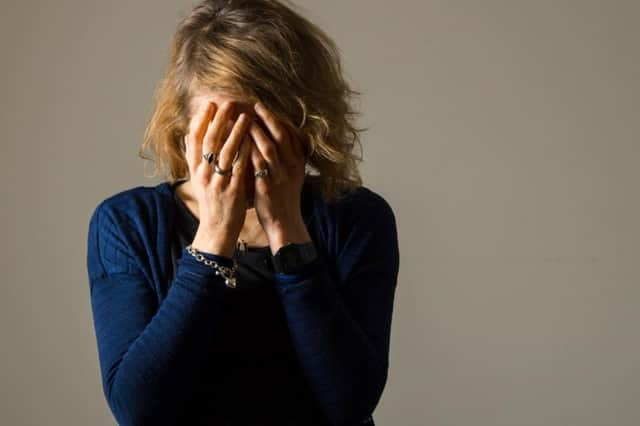RACHEL MCGRATH COLUMN: Stark reading in state-of-nation report


Both make for very stark reading.
The Oxfam Report evidences the devastating impact of global inequality: it contributes to the death of at least one person every four seconds globally.
Meanwhile, the 10 richest men on planet Earth have doubled their wealth during this pandemic.
Advertisement
Hide AdAdvertisement
Hide AdFor further insights you can find the report at www.oxfam.org
Additionally, the latest JRF poverty report highlights the urgent need for tackling deprivation amongst communities within the UK.
The number of overall people living in poverty in the UK is 14.5 million, with 4.3 million of those being children and 2.1 million being pensioners.
The report acknowledges actions and measures brought in to support the labour market that have improved and helped people, such as the Coronavirus Job Retention Scheme (furlough) and the Self-Employment Income Support Scheme.
Advertisement
Hide AdAdvertisement
Hide AdIt also highlights how our social security system is putting vulnerable people into deeper poverty such as the five-week wait for the first Universal Credit payment; the withdrawal the £20 Universal credit uplift; and unaffordable debt deductions.
It rightfully states that: “We need co-ordinated commitment, effort and action on the intersecting issues and challenges identified in this report.
“This can turn back the tide of poverty and offer security for the many people experiencing hardship across the UK.”
You can read the full report at www.jrf.org.uk
Both reports back the need for effective and long-term Covid-19 economic and social recovery plans.
Advertisement
Hide AdAdvertisement
Hide AdIn the meanwhile, urgent action is needed to ease the pain of the cost-of-living crisis for many experiencing financial hardship.
Poverty is a political choice and if the Government can choose to write off £4.3 billion of fraudulent Covid-19 furlough claims via companies, they can choose to support local citizens and the most vulnerable out of this cost-of-living crisis and beyond.
Cash-strapped local authorities urgently need funds to help them effectively deploy local policy and deliver services to provide a safety net for all local residents.
In Northamptonshire, charities and local authorities are working together to develop and deliver an anti-poverty strategy to support residents of West Northamptonshire.
Advertisement
Hide AdAdvertisement
Hide AdNobody in this county, nor elsewhere in the UK, should have to make the difficult choice of heating their home or buying food this winter.
Action can – and should – be taken to ensure the most vulnerable people and those in financial hardship are kept safe and well.
The Covid realities project, funded by Nuffield Foundation and supported by a number of national anti-poverty charities, provided a human face to life on low income during the pandemic.
The families that took part showed the many different realities of what it means to be living during a pandemic and financially struggling.
Advertisement
Hide AdAdvertisement
Hide AdIt has five lessons from its research which should be acted upon: Families in financial hardship have nothing left to cut from their budget; the benefits system is not doing its job to provide a safety net and instead, for some, has the adverse opposite effect of placing them in deeper poverty; poverty negatively impacts on a person’s mental health; policy making is better when we include the experiences of those we are making policy about; we need to collaborate more to help make a difference, from local councils, academics to charitable partners so we ensure we design and deploy better policy to tackle poverty.
The evidence is there. We just need politicians to act on it.